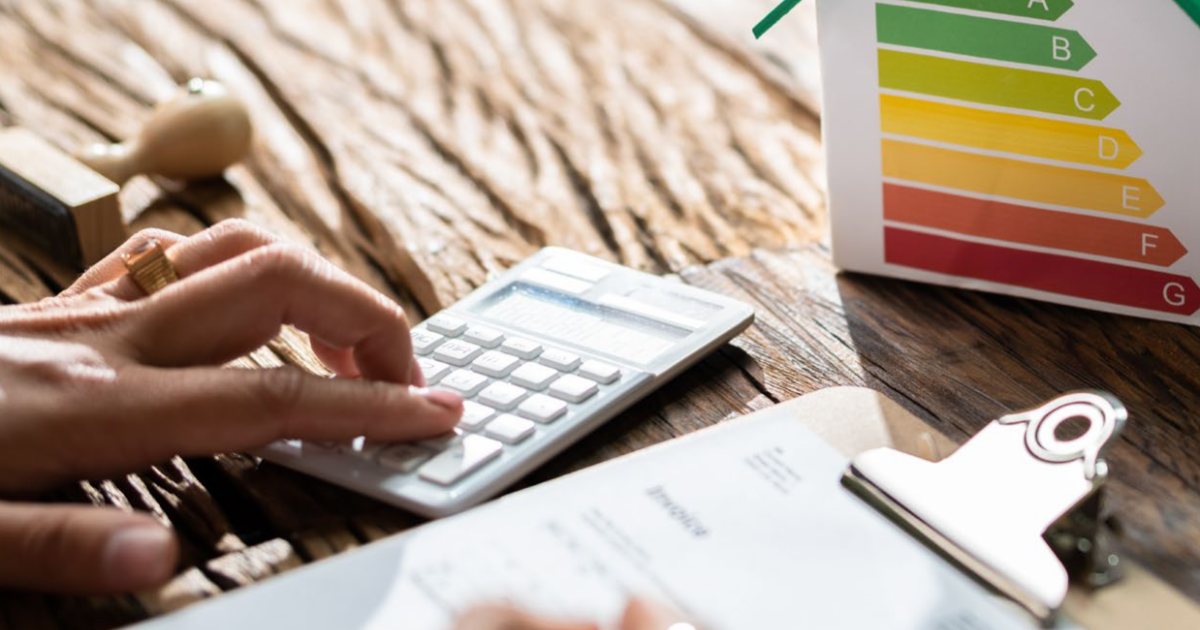
New Climate Council analysis indicates Australian households could save up to $1,900 a year by switching from gas to electric appliances.
There are many good reasons for getting off gas – such as reducing household greenhouse gas emissions, other health risks and socking it to Putin. Another biggie is saving money. The wholesale price of gas has almost tripled since last year, with the vast majority of gas we produce here in Australia shipped overseas and our prices tied to an international market.
A new report from the Climate Council indicates homeowners in Australia’s capitals could save up to $1,900 a year on electricity bills by replacing gas heating, cooking, and hot water appliances with their electric counterparts – and even more for households with solar power systems.
“In the middle of a national cost-of-living crisis, getting gas out of homes is a smart and simple way for Australians to save hundreds, if not thousands of dollars a year, while also reaping health benefits and reducing greenhouse gas emissions,” said Climate Council senior researcher and report lead author Dr Carl Tidemann.
Potential Savings In Each Capital
While each household’s mileage will vary according to energy consumption profile, according to the organisation households going fully electric (not including transportation) in capital cities can see annual bill savings of up to:
- Hobart: $1,899
- Canberra: $1,876
- Brisbane: $1,424
- Adelaide: $1,457
- Melbourne: $1,207
- Sydney: $924
- Perth: $803
Darwin wasn’t included in the list as publicly available date on gas prices was not available.
The savings above includes the use of solar hot water with electric boost. But the report says Australian households with solar power systems, sized appropriately and used wisely, could save up to $800 more on bills every year. It’s not clear whether that may involve using an electric water heater combined with a device such as a PV diverter, or a heat pump hot water system; or just based on a solar hot water system also in place.
The Climate Council has also launched a savings calculator here, showing how much can be saved by switching from gas to electrical appliances under various scenarios.
Finding The Money To Switch
Of course, switching from gas to all electric is going to involve spending money to save money. But items such as induction cooktops are already quite cheap. For pricier items, the Climate Council is calling on governments to provide low or zero-interest loans to help with the up-front cost of buying appliances such as reverse cycle air conditioners and water heaters.
That needs to be approached carefully – depending on the finance provider a government might team up with, finance costs could wind up being “baked-in” to the cost of the appliance, extending payback. This is a common scenario with Buy Now, Pay Later (BNPL) so-called “0% interest” arrangements for solar power systems.
Other issues the organisation wants to see addressed:
“In addition to helping families access electric appliances, governments should also stop gas companies from charging extortionate disconnection fees and end the absurd practice of forcing new homes to be connected to gas networks,” said Dr Kate Charlesworth.
Disconnection fees can range from anywhere from under $100 to more than $1,000. On the forced connection front, Victoria has taken the lead; ending forced gas connections in new homes. The Victorian Government is also phasing out all incentives for residential gas products next year.
The Climate Council’s report, Switch And Save: How Gas Is Costing Households can be downloaded here.

 RSS - Posts
RSS - Posts



Hi Michael,
great article as always. I’m keen to add a PV hotwater diverter to my solar system and was wondering if there’s plans to update the PV Diverter comparison table ? Do Solarquotes have any experience or understanding of Myenergi’s Eddi PV diverter ? “Australia’s #1 solar power diverter” according to their website….. but then they would say that.
Cheers,
Martin